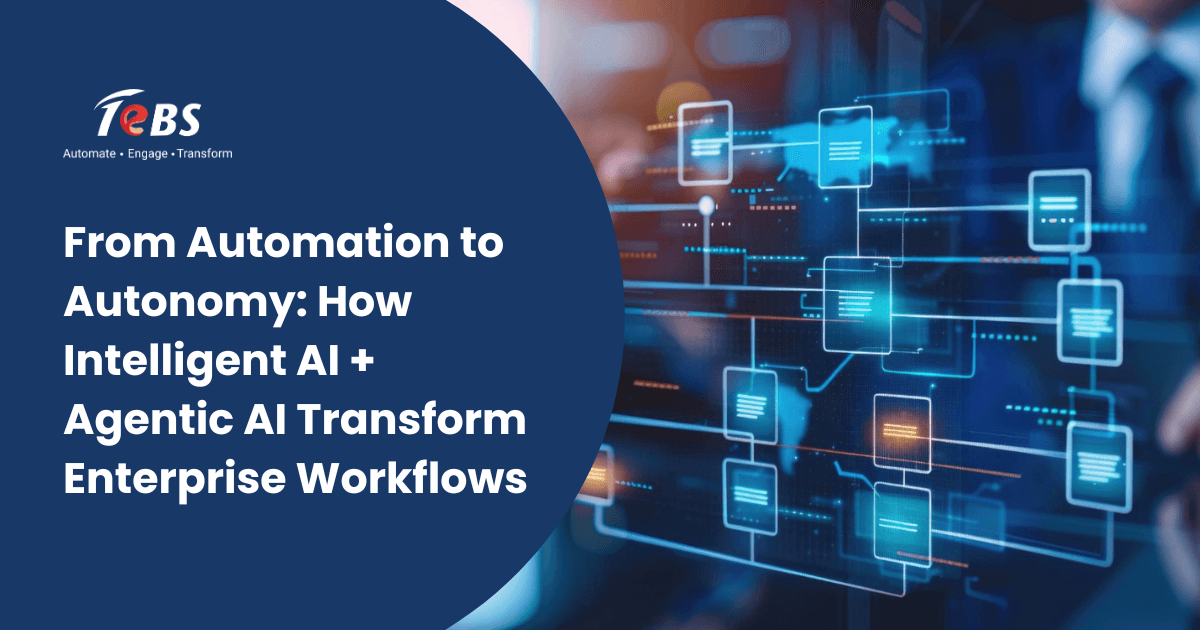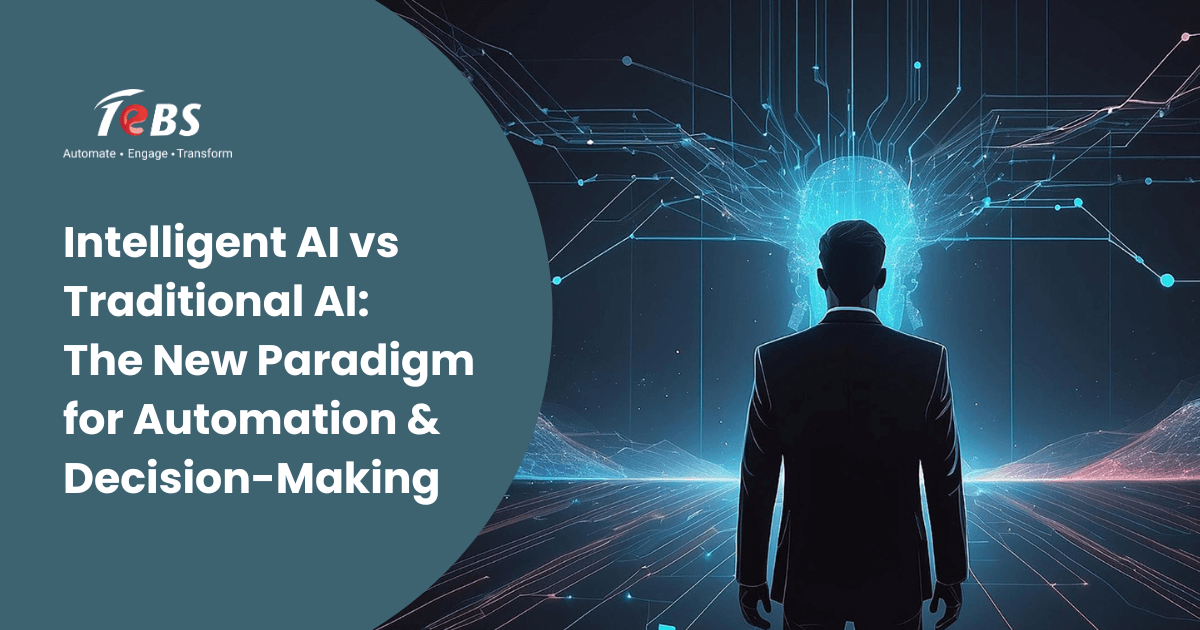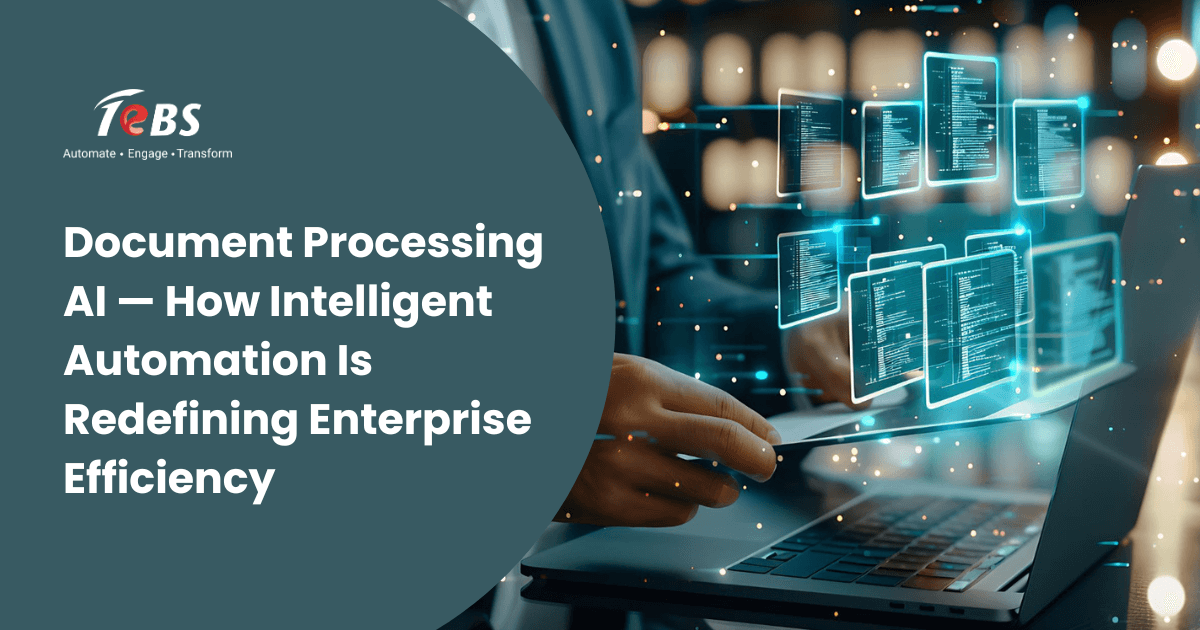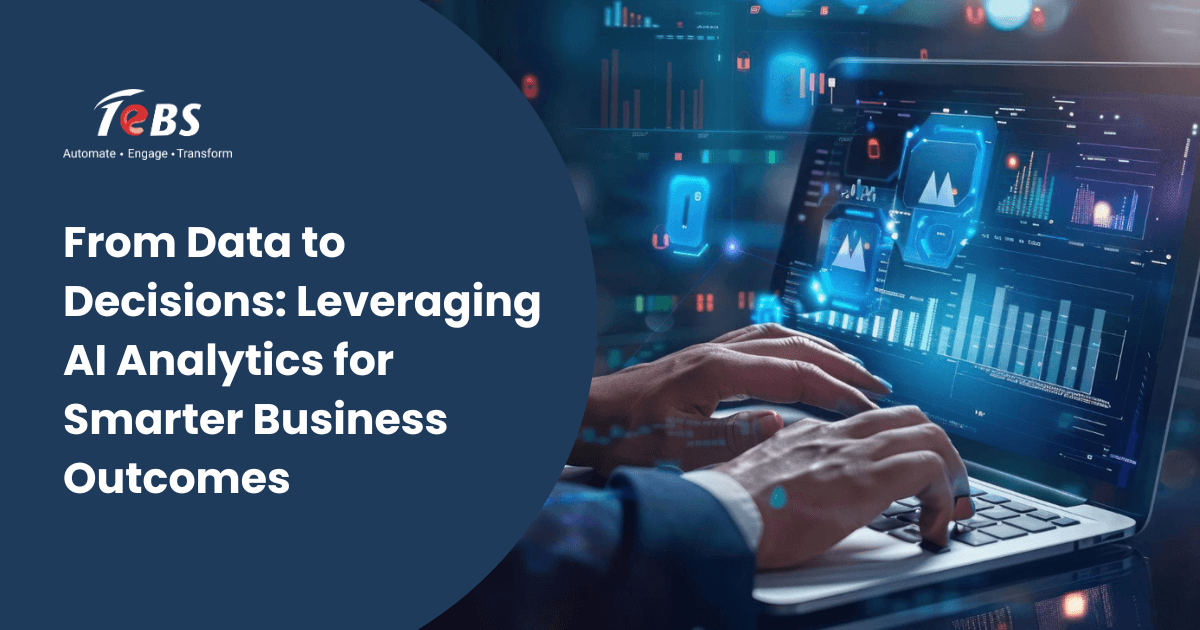For nonprofit organizations, success is measured by impact. Whether it’s supporting vulnerable communities, empowering marginalized groups, or addressing societal challenges, every decision made must be aligned with mission outcomes.
One of the most critical yet complex aspects of this journey is case planning.
The ability to accurately assess individual or community needs, allocate the right resources, coordinate services, and monitor progress can make all the difference between reactive support and proactive transformation.
Traditionally, case planning has been heavily reliant on manual processes, subjective judgment, and fragmented data systems.
This often results in delays, duplicated efforts, missed insights, and resource inefficiencies.
However, with the advancement of artificial intelligence and data analytics, nonprofit organizations are beginning to explore a more informed and intelligent approach to planning and managing cases.
AI based insights are transforming how NPOs strategize their interventions and optimize their service delivery.
From identifying patterns in community needs to forecasting service demand and measuring intervention outcomes, AI opens a new world of possibilities for smarter, data-driven case management.
Understanding the Complexity of Case Planning in NPOs
Case planning is never a one-size-fits-all process. Each individual or family seeking support from an NPO comes with a unique set of circumstances, needs, and goals.
Service providers must account for factors such as socioeconomic conditions, health issues, educational gaps, employment barriers, or emotional wellbeing.
Planning effective interventions requires a holistic view of the client’s journey, including intake data, risk assessments, previous interventions, service eligibility, and desired outcomes.
For organizations operating in sectors such as eldercare, mental health, disability services, and child welfare, the stakes are even higher.
Caseworkers must coordinate across multiple programs, maintain ongoing communication with beneficiaries and families, manage confidential records, and track milestones all while ensuring compliance with regulatory standards and funder expectations.
Without centralized systems and intelligent tools, this process is not only time-consuming but prone to human error and burnout.
The growing demand for accountability and personalized care further amplifies the need for smarter tools that empower nonprofit teams to plan effectively and act decisively.
Where AI Comes In
AI based insights change the way nonprofits approach case planning by enabling predictive, adaptive, and evidence-based decision making.
Rather than relying solely on intuition or past experience, caseworkers and program managers can tap into data to guide their actions and improve outcomes.
AI algorithms analyze historical data, current case patterns, and real-time updates to uncover trends and recommend optimal actions.
Some of the ways AI enhances case planning include:
1. Needs Forecasting
AI helps predict the types and volumes of support services that may be required in the near future.
By analyzing factors like demographic trends, socioeconomic indicators, and past case data, it becomes easier to anticipate spikes in demand and allocate resources accordingly.
2. Risk Scoring and Prioritization
Machine learning models can assess risk levels for individual cases by analyzing behavioral, medical, and social indicators.
This allows organizations to triage cases more effectively, ensuring urgent needs are addressed without delay while managing lower-risk cases through automated workflows.
3. Personalized Intervention Strategies
AI systems can suggest tailored intervention plans based on similar successful cases.
For example, if certain counseling methods worked well for a previous set of individuals with comparable profiles, the system can recommend similar approaches while adjusting for context.
4. Real Time Progress Tracking
AI powered dashboards give a clear view of where each case stands in its lifecycle. It can flag delays, missed milestones, or at-risk cases automatically, prompting caseworkers to take corrective actions without relying on manual checks.
5. Outcome Measurement and Optimization
By analyzing outcomes over time, AI tools identify which strategies or service combinations lead to the best results. These insights can then be used to optimize future programs and funding allocations.
6. Natural Language Processing for Case Notes
AI with natural language processing capabilities can read and interpret case notes, identifying sentiments, urgency, and recurring issues. This helps surface hidden concerns that may otherwise go unnoticed in manual reviews.
7. Automated Recommendations for Follow Ups
Based on behavioral patterns, AI can schedule reminders or suggest follow-up activities that increase beneficiary engagement. These nudges keep cases on track and maintain continuity in care.
Smarter Case Planning in Action
When case planning is powered by AI, NPOs benefit from a higher level of accuracy, efficiency, and responsiveness.
Caseworkers spend less time on administrative tasks and more time interacting with beneficiaries. Program leads gain a strategic overview of where resources are needed most.
Funders receive deeper insights into the impact of their investments. And most importantly, beneficiaries receive timely, personalized, and effective support.
Imagine a scenario where a caseworker opens a digital case dashboard and instantly sees which clients need urgent attention, which cases are progressing on time, and which plans need to be revised.
They receive AI generated suggestions on follow-up services, get alerts about upcoming deadlines, and are guided through best-practice protocols.
With each interaction, the system learns and evolves, becoming more aligned with organizational priorities and community dynamics.
Breaking Silos Through Data Integration
One of the biggest barriers to effective case planning is data silos. Information is often scattered across spreadsheets, email threads, paper files, and different software tools.
AI can only function effectively when data is unified, accurate, and accessible.
Smarter platforms built for nonprofits address this challenge by integrating all aspects of case management into a centralized ecosystem.
From intake to counseling to outcome evaluation, every interaction and update is captured in one place. This not only enhances transparency and compliance but also fuels the AI engine with the right inputs to generate reliable insights.
Reducing Manual Workload and Enhancing Staff Capacity
Another significant benefit of AI enabled case planning is workload optimization. Many nonprofits face chronic staff shortages, volunteer turnover, and budget constraints.
AI helps fill these gaps by automating repetitive tasks, flagging anomalies, and accelerating decision making.
For example, automated intake forms can categorize cases and assign them based on availability and expertise.
AI generated summaries of case histories can save hours of reading and note-taking. Predictive insights reduce the trial-and-error approach to planning and deliver faster resolutions.
The time saved can be redirected toward building meaningful connections with clients, developing new programs, or expanding outreach.
From Reactive to Proactive Support
Traditional case planning tends to be reactive—responding to crises after they occur. AI based insights shift this dynamic toward proactive and preventive support.
With early warning systems, nonprofits can detect patterns that precede issues and intervene before they escalate.
For instance, AI might identify that a decline in engagement among a certain demographic is linked to a drop in employment opportunities.
This could prompt the nonprofit to launch targeted job support services before more individuals reach crisis points.
By connecting the dots across data, AI helps nonprofits think ahead and act in ways that create lasting change.
The Path to Becoming a Digital NPO
Smarter case planning through AI is not about replacing human judgment or empathy. It is about augmenting it with intelligence, structure, and scalability.
For nonprofits to thrive in a fast-evolving world, embracing digital tools that bring clarity and foresight to their mission is no longer optional it is essential.
Towards this vision, leading digital platforms are equipping nonprofits with AI powered capabilities tailored to their unique challenges.
These solutions combine case management, donor tracking, volunteer coordination, event planning, and real-time analytics into one cohesive environment.
By integrating these functions, NPOs gain the agility and resilience needed to navigate uncertainties, scale their impact, and remain deeply connected to their community’s evolving needs.
Empowering NPOs with the Right Platform
In this journey toward smarter case planning, having the right technology partner makes all the difference.
A comprehensive solution designed specifically for nonprofit dynamics ensures that organizations can transition seamlessly into intelligent operations without overwhelming their teams.
A robust platform that offers AI-driven insights, automated workflows, real-time dashboards, and modular expansion options helps nonprofits grow sustainably. It supports diverse sectors like eldercare, mental health, child welfare, and more, ensuring no community is left behind.
One such platform that aligns with this vision is designed to empower nonprofits to become digitally mature and mission agile. With built-in capabilities for case tracking, volunteer rostering, donor engagement, and outcome measurement, it helps streamline operations and deepen impact.
From setting case-specific action plans to automating administrative tasks and engaging community members across channels, this kind of digital support becomes a silent but powerful enabler of social change.
Conclusion
AI based insights are redefining how nonprofits plan and deliver their services. By making case planning smarter, faster, and more strategic, nonprofits can not only improve operational efficiency but also enhance their ability to create meaningful change.
It is a transformation from working harder to working smarter with clarity, confidence, and compassion.
As the nonprofit landscape continues to evolve, digital platforms that integrate AI with case management functions will play a pivotal role in helping organizations fulfill their missions at scale.
If your organization is looking to strengthen its case planning capabilities and embrace the future of intelligent nonprofit operations, now is the time to explore how digital solutions can support your growth.
Reach out to our team at [email protected] to discover how your organization can benefit from intelligent, AI-driven case planning tools tailored for nonprofits.
Empower your nonprofit journey with a platform that brings together your operations, community, and mission under one digital roof.





